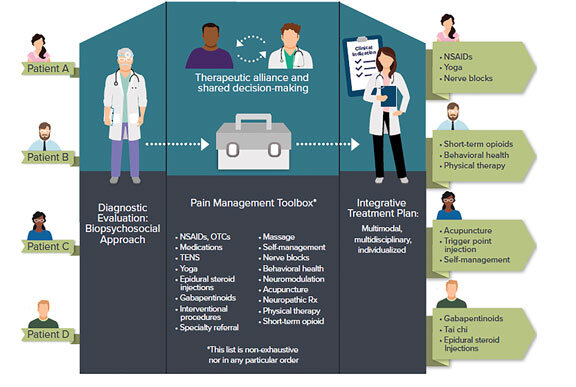
Embarking on life's journey is a complex and ever-evolving process that often requires careful planning and foresight. One integral aspect of this journey is ensuring that individuals receive the necessary support and resources to maintain their well-being and quality of life across various stages. This is where Life Care Planning ( LCP ) comes into play, offering a comprehensive and proactive approach to addressing the needs of individuals facing medical, physical, or cognitive challenges.
At the heart of Life Care Planning is the Life Care Planner, a dedicated professional who works collaboratively with individuals, families, and healthcare providers to create personalized Life Care Plans. These plans serve as roadmaps that outline the necessary medical treatments, therapies, support services, and accommodations needed to optimize an individual's quality of life. Additionally, Life Care Planners can also act as valuable resources in legal settings, providing expert testimony as Medical Expert Witness es to help facilitate fair and just outcomes for individuals requiring lifelong care and support.
Importance of Life Care Planning
Life Care Planning is a crucial process that provides individuals with a comprehensive roadmap for their future healthcare and support needs. It involves a detailed assessment of medical, psychological, and functional aspects to determine the most appropriate and cost-effective care strategies tailored to the individual's specific circumstances. By engaging in Life Care Planning, individuals can proactively address potential challenges and ensure that their needs are met in a timely and efficient manner.
A Life Care Plan serves as a dynamic tool that evolves with the individual's changing needs and goals over time. It outlines a structured approach to managing health-related issues, ensuring continuity of care, and maximizing quality of life. With the guidance of a skilled Life Care Planner, individuals can navigate complex healthcare systems, access necessary resources, and make informed decisions regarding their treatment and care options.
One of the key benefits of Life Care Planning is its ability to enhance coordination among healthcare providers, family members, and various support services. By establishing clear goals and objectives within the Life Care Plan, all stakeholders can work collaboratively towards achieving optimal outcomes for the individual. This multidisciplinary approach fosters communication, minimizes gaps in care, and promotes a seamless continuum of support throughout the individual's lifelong journey.
Role of Life Care Planner
Life Care Planners play a crucial role in assessing the current and future needs of individuals requiring long-term care. They utilize their expertise to create comprehensive Life Care Plans that outline the necessary resources and services to support the individual's overall well-being.
As a Life Care Planner, one takes into account various factors such as the individual's medical condition, prognosis, and functional abilities to develop a tailored plan that addresses their unique needs. This involves collaborating with medical experts, therapists, and other professionals to ensure a holistic approach to care that enhances the individual's quality of life.
Furthermore, Life Care Planners may also serve as Medical Expert Witnesses in legal proceedings, providing objective analysis and testimony regarding the individual's medical and long-term care needs. By presenting detailed Life Care Plans backed by professional expertise, they assist in advocating for the best possible care and support for those in need.
Benefits of a Life Care Plan
Life Care Planning offers a comprehensive roadmap for individuals facing long-term healthcare needs. It provides a structured approach to addressing medical, financial, and personal challenges that may arise due to a disability or chronic condition. By outlining the necessary treatments, therapies, and support services, a Life Care Plan ensures that the individual receives the necessary care tailored to their specific needs.
Having a Life Care Plan in place can help individuals and their families alleviate stress and uncertainty about the future. With a clear plan established, there is a sense of security knowing that the individual's care needs are being actively managed and monitored. This peace of mind allows for better focus on personal well-being and quality of life, fostering a more positive and hopeful outlook for the future.
A well-developed Life Care Plan can also serve as a valuable resource in legal matters involving medical needs, such as personal injury cases. With the expertise of a Life Care Planner and potentially a Medical Expert Witness, the plan can provide essential documentation and evidence to support claims for compensation related to ongoing care requirements. This structured approach can help secure the necessary resources to maintain the individual's health and well-being over the course of their lifelong journey.
